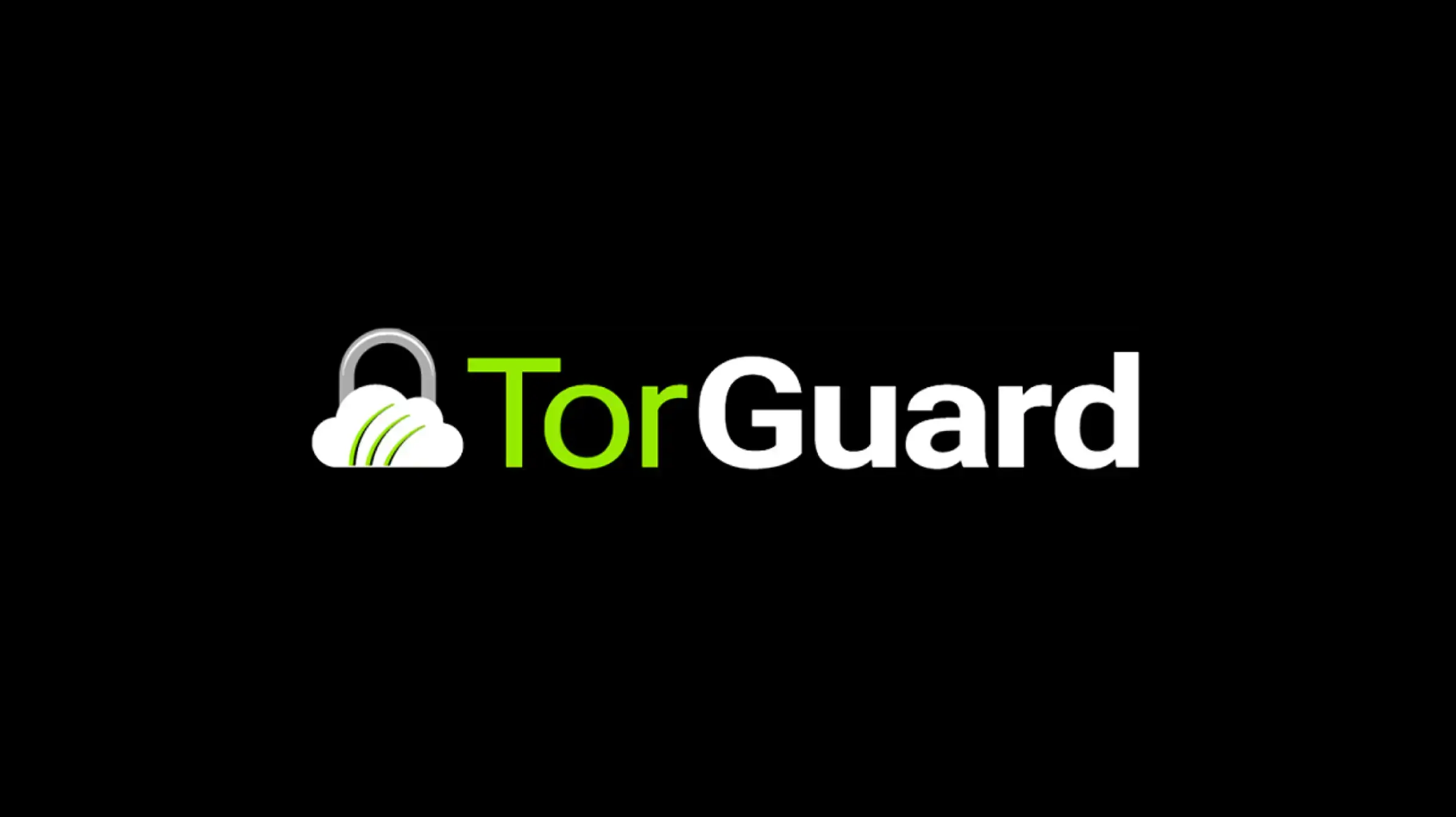In the world of cybersecurity, even the most reputed platforms can fall victim to data breaches. TorGuard VPN, a popular service provider, faced such an incident in 2019. As a privacy advocate, it’s essential to examine the events surrounding the breach, its implications for users, and TorGuard’s subsequent actions. This blog post aims to provide a critical analysis of the incident and whether TorGuard remains a trustworthy choice for privacy enthusiasts.
The 2019 Data Breach
In May 2019, TorGuard VPN suffered a security breach due to a vulnerability in a third-party data center provider, raising questions about their choice of partners. Attackers exploited this vulnerability to gain unauthorized access to one of TorGuard’s servers, obtaining a Secure Socket Layer (SSL) certificate in the process. This digital certificate is crucial for establishing secure connections between web servers and browsers.
Impact on Users
TorGuard claims that no sensitive user data, including VPN activity logs, email addresses, or payment information, was compromised during the breach. However, skeptics may argue that the stolen SSL certificate could have been used to launch man-in-the-middle attacks on unsuspecting users, jeopardizing their privacy. While there was no concrete evidence that such attacks occurred, the potential risk to user privacy cannot be dismissed.
TorGuard’s Response and Future Security Measures
In response to the breach, TorGuard revoked the compromised SSL certificate and replaced it with a new one. They also terminated their relationship with the implicated data center provider and moved their infrastructure to a different location. While these actions might be seen as appropriate, the question of whether they have done enough to prevent future breaches remains.
TorGuard implemented additional security measures such as multi-factor authentication, continuous monitoring, and regular penetration testing. However, skeptics may still question the company’s overall commitment to user privacy and security, given the initial reliance on a vulnerable data center provider.
While it is unfortunate that TorGuard VPN experienced a data breach in the first place, it is also crucial to evaluate the company’s incident response. The manner in which a service provider reacts to a security breach can significantly impact its reputation and users’ trust. In the case of TorGuard, their swift and transparent actions following the incident demonstrated a sense of responsibility and commitment to their users’ security. By revoking the compromised SSL certificate, replacing it with a new one, and implementing additional security measures, they showed a dedication to learning from the experience and improving their service. It is important to acknowledge that even the most secure platforms can face breaches, but a proactive and effective response can help to restore confidence in their commitment to user privacy and security.
Conclusion
The 2019 data breach exposed some shortcomings in TorGuard’s security protocols and raised valid concerns among privacy-conscious skeptics. While the company took immediate action to address the issue and claimed no sensitive user data was compromised, the potential risks associated with the breach cannot be overlooked. It’s up to individual users to decide if TorGuard has done enough to regain their trust and provide a secure VPN service in the aftermath of the security incident.

Leave a Reply